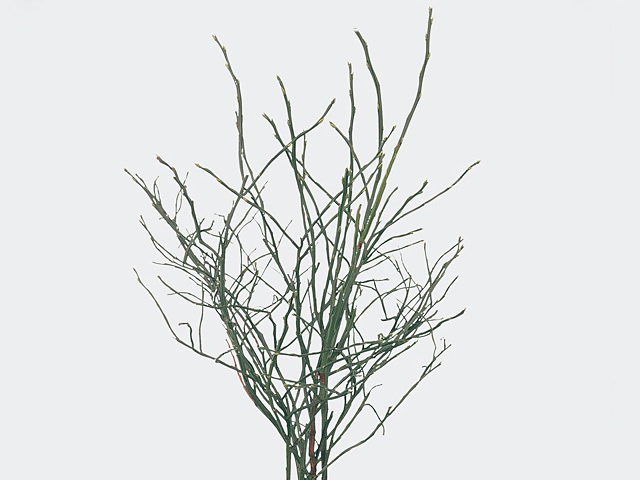Vaccinium myrtillus

| Winter hardness | Excellent (USDA-zone 1,2,3,4) |
| soil pH requirement | Slightly acidic (pH 4,5 - 6,5); Acid (pH < 4,5) |
| Light conditions | Sunny; Semi-shades |
| Toxicity (if consumed) | Not or barely |
| Moisture requirements | Well-drained; Moist |
Bilberry, also known as huckleberry, blueberry, whinberry, whortleberry, or huckleberry, is a versatile plant that thrives in various climates and soil conditions. With its excellent winter hardness, it can be cultivated in USDA-zones 1, 2, 3, and 4.
One of the factors that contribute to bilberry's adaptability is its soil pH requirement. It can tolerate slightly acidic soil, with a pH ranging from 4.5 to 6.5. However, it also thrives in more acidic conditions, with a pH below 4.5. This makes bilberry a suitable choice for regions where the soil naturally leans towards acidity.
When it comes to light conditions, bilberry can grow well in both sunny and semi-shaded areas. This trait makes it a versatile plant that can be grown in a variety of garden settings. Whether you have a sunny garden or a partially shaded area, bilberry will adapt and grow accordingly.
In terms of toxicity, bilberries are not or barely toxic if consumed. This makes them a safe option for human consumption. However, it's always important to ensure that berries are grown organically and without the use of pesticides to minimize any potential health risks.
Moisture requirements also play a crucial role in the successful cultivation of bilberries. They prefer well-drained soil that doesn't hold excess water. However, they also require a moist environment to thrive. This means striking a balance between proper drainage and regular watering is essential for optimal growth.
Bilberries are not only appealing due to their adaptability but also due to their numerous health benefits. They are packed with antioxidants, vitamins, and minerals, which contribute to their potential positive effects on eye health, cardiovascular health, and blood sugar control. They also possess anti-inflammatory properties, making them a valuable addition to a balanced diet.
In conclusion, bilberry, with its ability to withstand cold winters, preferences for slightly acidic soil, tolerance for various light conditions, low toxicity, and moisture requirements, is a versatile plant suitable for a range of environments. Whether you are an avid gardener or a health-conscious individual, including bilberries in your garden or diet can be a wise choice.
Market availability index by month:
| Jan. | Feb. | Mar. | Apr. | May | Jun. | Jul. | Aug. | Sep. | Oct. | Nov. | Dec. |
|---|---|---|---|---|---|---|---|---|---|---|---|
| 3 | 4 | 3 | 3 | 1 | - | - | - | - | 1 | 2 | 2 |